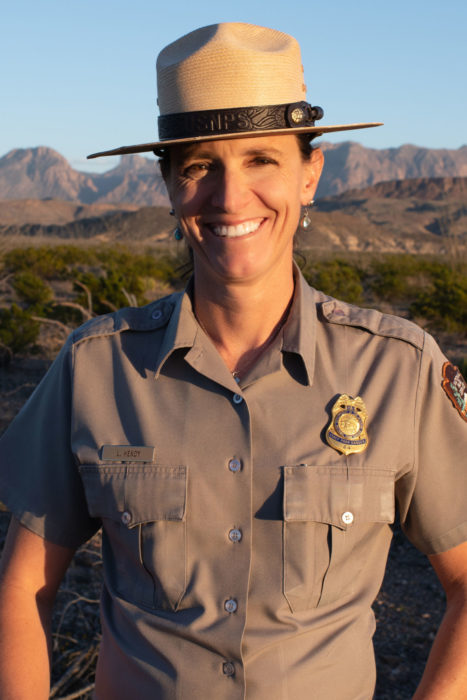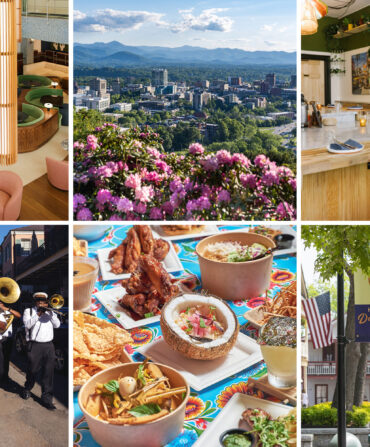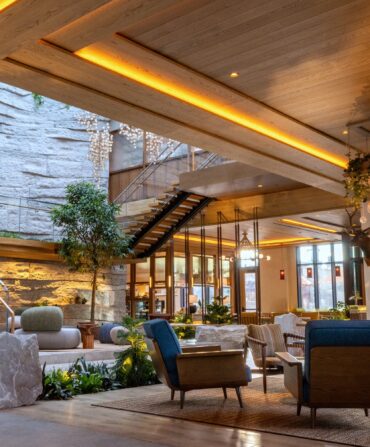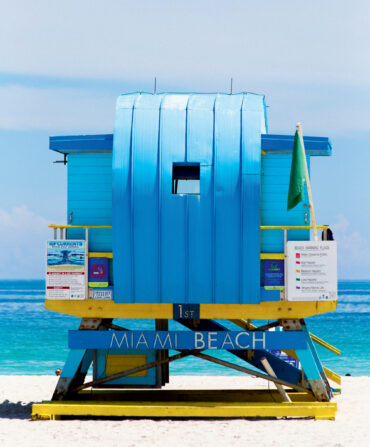Lisa Hendy doesn’t have much time to talk about being the first-ever female chief ranger of Great Smoky Mountains National Park. With 11.4 million annual visitors to the park’s more than 500,000 acres, Hendy, who oversees law enforcement, emergency medical services, search and rescue, and backcountry operations, will have her hands full when she begins in April. Since 1995, Hendy has worked at Yosemite, the Grand Canyon, Yellowstone, Arches, the Rocky Mountains, and most recently, Big Bend, where she’s enforced park rules and pulled off more than her fair share of emergency rescues. In 2011, she won the Harry Yount Award, which honors the nation’s top field ranger. “My job is to provide an experience for people where they feel safe to go out and explore the wilderness, while still working to preserve the park for the next visitor,” Hendy says. “That’s what makes being a chief ranger exciting for me.”
We sat down with Hendy to discuss the job, national parks, and how she feels about coming back home.
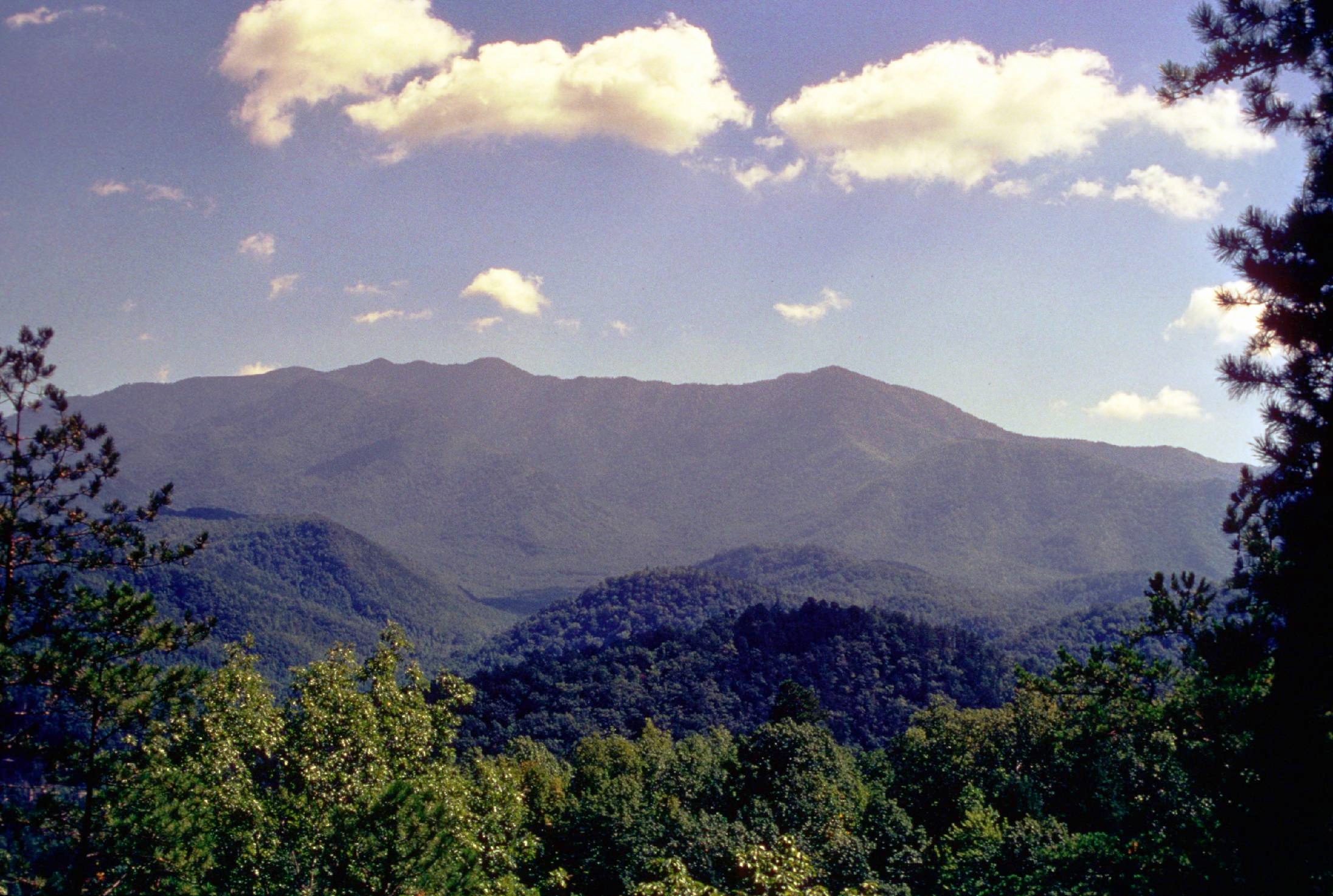
Courtesy of NPS
You grew up near Chattanooga. I can imagine that really inspired your love for the outdoors.
I lived on the Georgia side of Lookout Mountain, actually, but you can ride your bike as a six-year-old and cross the border into Tennessee. Where that makes a difference is that Lookout Mountain has a lot of open woods. When I was little, there was a lot behind our house that was completely wooded with a creek running through it. I can’t imagine it was more than three or four acres, but it might as well have been the Hundred Acre Woods. We had a lot of mini adventures there. The first time I ever rappelled was when one of my older brothers tied a garden hose around my waist. I only weighed like thirty pounds, so it held just fine.
The Smokies are where you first experienced national parks. What are you looking forward to about coming back home after being out west for so long?
I think part of what the Smokies has to offer is a management team that’s super squared away and very forward-thinking. I’m excited to learn and work in that environment. That’s a big part of what drew me back here. The personal benefits are also great: I’m closer to family, closer to home. But really working with a team at that sort of leadership level is what brought me back over.

Courtesy of NPS
GSMNP is one of the most visited parks in the country. In this job that’s all about visitors’ safety, does that pose a challenge for you?
The Smokies have insane visitation, but that’s true nationwide of our national parks right now. They’re all over capacity and they’re all struggling to figure out how to effectively accomplish the dual mission of trying to protect and preserve these places and yet provide for the visitors. I love seeing that folks are excited about the outdoors, especially as we see kids coming up from the next generation, yet we’ve got to figure out how we effectively manage that. That’s one of the reasons I’m really excited about working with this team at GSMNP. They’re really committed to being new and innovative and figuring out how to do that.
I’m sure you’re tired of being asked about it, but you are the first woman to have this position. Does that matter to you?
Laughs. If you want me to be truly honest, I find it a little frustrating. None of these headlines say: “Super highly-skilled, qualified person hired.” They all say: “First female.” Is that really such a big deal? My initial reaction to that is: “Yeah, whatever.”
What do you think is so special about national parks? Why did you get into this field?
As an agency, the National Park Service is tasked with guarding and preserving the nation’s treasures. Regardless of how you feel about politics in any one general area or any one park, I’ve yet to meet anyone who can’t get behind the mission of the NPS as a whole. And that is a real privilege. Especially as we see population growth and development growth, to have large-scale wilderness set aside to be preserved, I think that’s critical for our sanity and health as humans.


